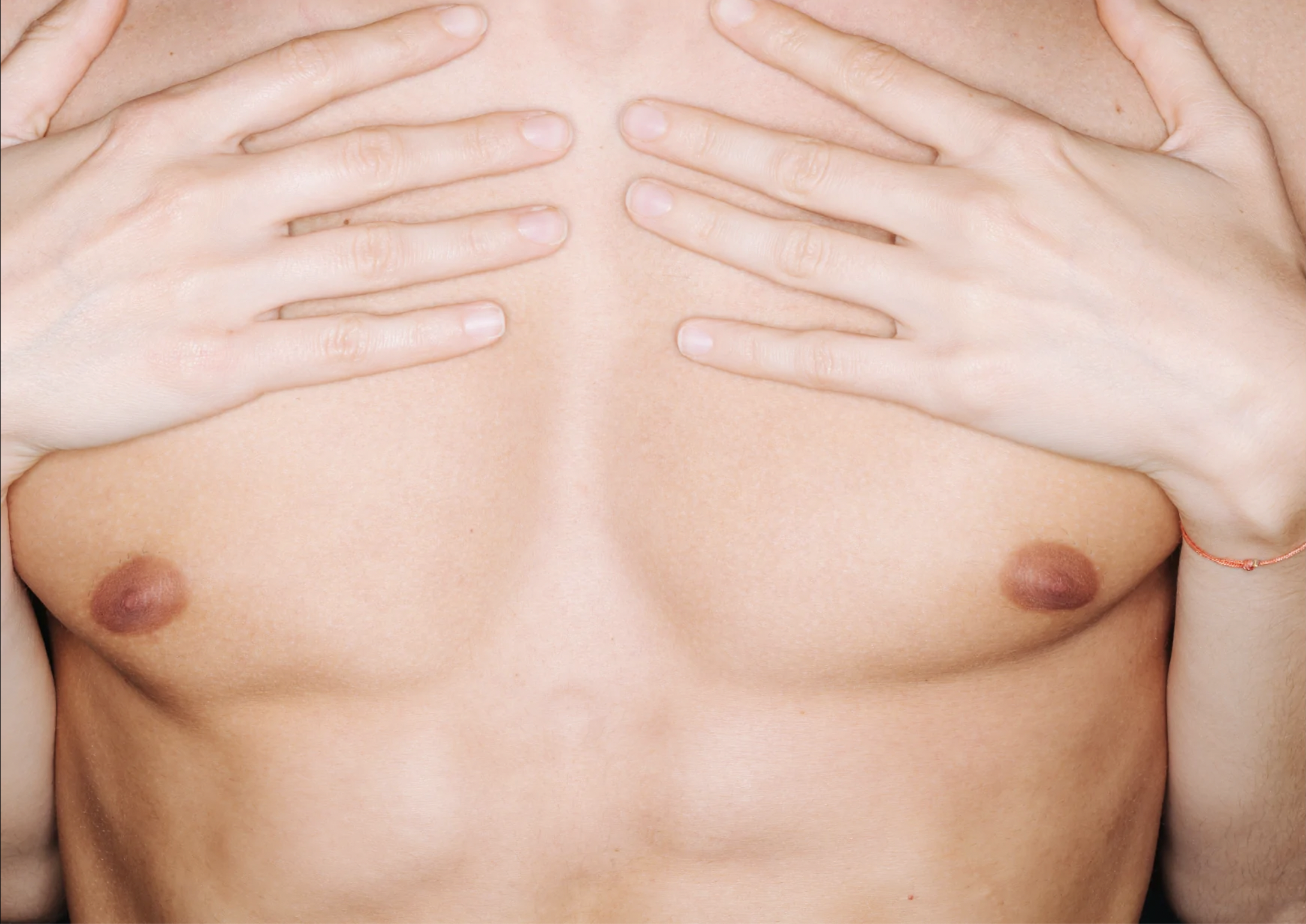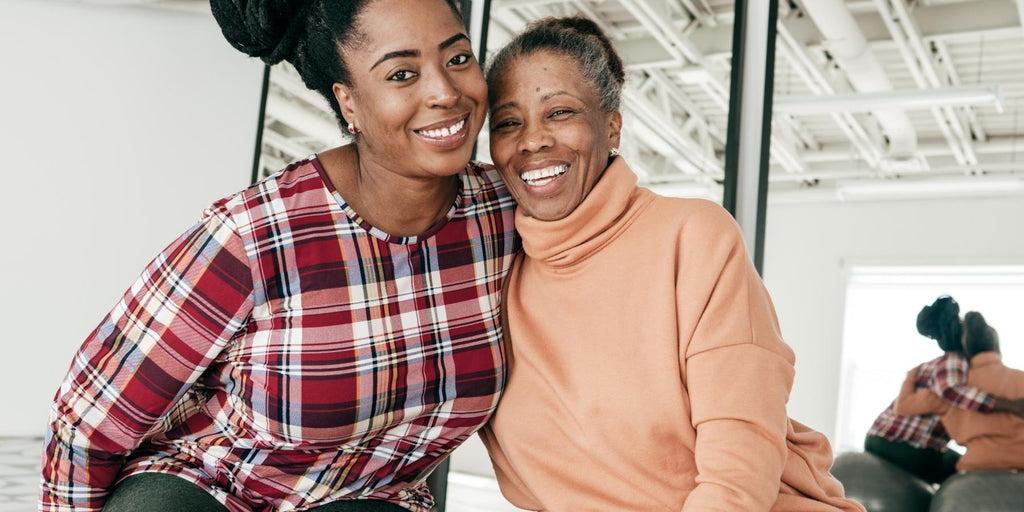10 Important Things to Know About Mammograms

The fight against breast cancer has to be a joint effort between us, technology and science. Breast self-exams, clinical breast examinations, ultrasound or MRI, as well as the all-important mammogram — the theory is one of these types of screening will eventually pick up anything even remotely sinister. Our friends at www.breastcancer.org explain to #TheNoodist why the mammogram plays such an important role.
1) Mammograms can save your life
Finding breast cancer early reduces your risk of dying from the disease by 25-30% or more. Women should begin having mammograms yearly at age 40, or earlier if they're at high risk.
2) Don't be afraid
Mammography is a fast procedure (about 20 minutes), and discomfort is minimal for most women. The procedure is safe: there's only a very tiny amount of radiation exposure from a mammogram. To relieve the anxiety of waiting for results, try to go to a center that will give you results before you leave.
3) Get the best quality you can
If you have dense breasts or are under age 50, try to get a digital mammogram. A digital mammogram is recorded onto a computer so that doctors can enlarge certain sections to look at them more closely.

4) Be Scout-like prepared
Aim for a gold star and bring your past mammogram films/results with you, the doctors will appreciate it. If you’ve been to the same facility before, make sure your past results are available to whoever will be looking at your new results.
5) Be loyal
Once you find a facility you have confidence in, try to go there every year so that your mammograms can be compared from year to year.
6) Ask if your center has CAD
Computer Aided Detection, or CAD, is a tool that helps the radiologist find any areas of concern that need further attention.
7) Go au naturel
Don’t wear deodorant or antiperspirant to your mammogram. It’s OK, it’s just a few hours. Go natural ladies because these can show up on the film and interfere with the test results.

8) We have the power
Mammography is the most powerful breast cancer detection tool. However, mammograms can still miss 20% of breast cancers that are simply not visible using this technique. Other important tools — such as breast self-exam, clinical breast examination, and possibly ultrasound or MRI — can and should be used as complementary tools, but there are no substitutes or replacements for a mammogram.
9) Don’t panic
An unusual result requiring further testing does not always mean you have breast cancer. According to the American Cancer Society, about 10% of women (1 in 10) who have a mammogram will require more tests. Only 8-10% of these women will need a biopsy and about 80% of these biopsies will turn out not to be cancer.
10) Delays are not worth the risk
Women should get a mammogram once a year beginning at age 40. If you're at high risk of breast cancer, have a strong family history of breast or ovarian cancer, or have had radiation treatment to the chest in the past, it's recommended that you start having annual mammograms at a younger age (often beginning around age 30). Discuss your





